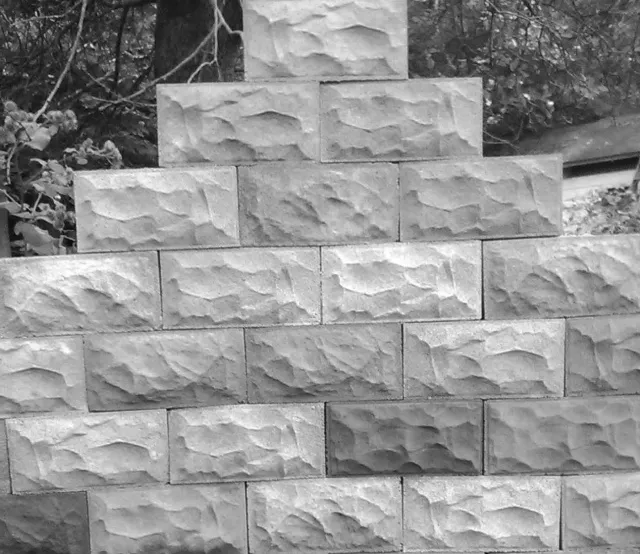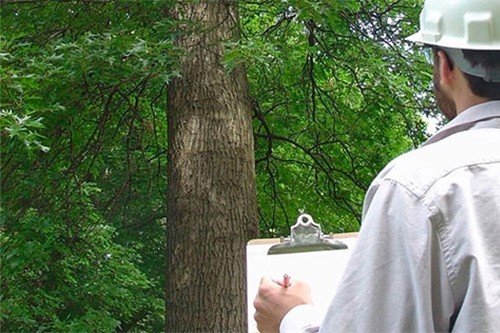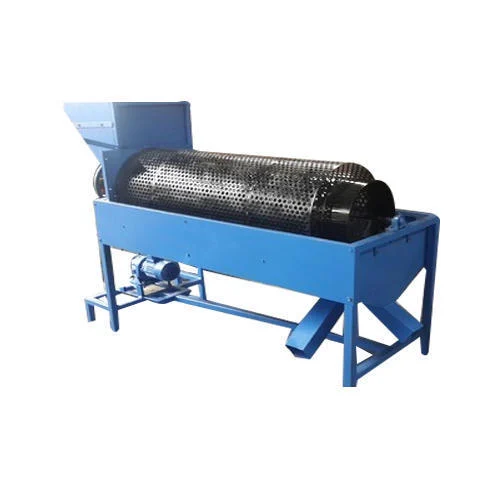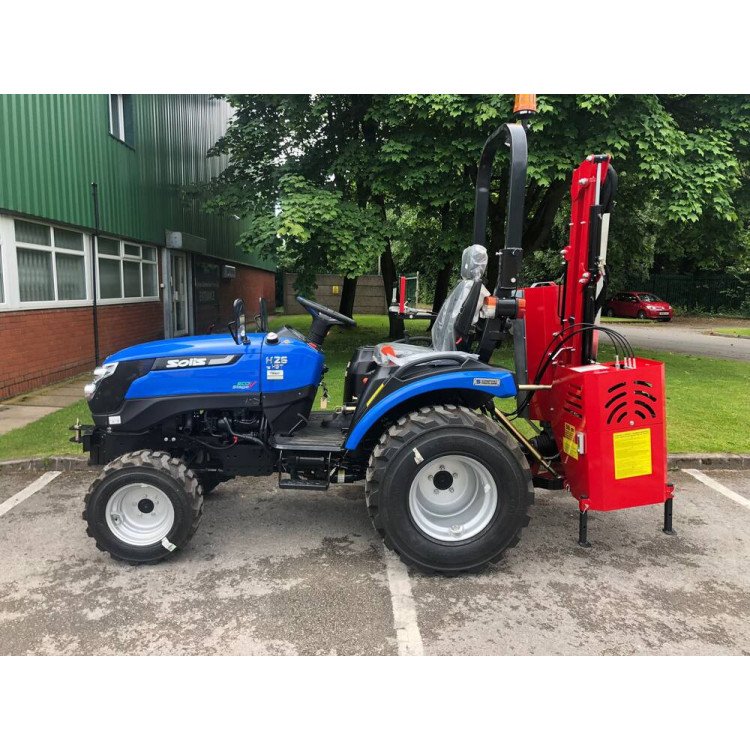Breaking into the world of acoustics can feel daunting. That’s where acoustic consultant internships come in. They bridge the gap between academic theory and practical fieldwork, giving you the skills, contacts, and confidence to thrive in this niche yet growing industry. If you’re curious about what these internships involve, how to secure one, and what you’ll gain, this guide covers everything you need to know.
What is an Acoustic Consultant Internship?
An acoustic consultant internship is a short-term placement where students or recent graduates work with professional consultants on real projects involving sound, noise, and vibration.
Unlike classroom study, these internships let you apply knowledge to practical challenges such as:
- Measuring environmental noise near highways or airports
- Designing acoustic insulation for buildings
- Analyzing sound propagation in urban planning
Difference from other roles
- Internship: Short-term, usually a few weeks to several months, aimed at skill-building.
- Placement: Often longer, integrated into a degree program.
- Graduate role: Full-time position after completing studies, with higher responsibility.
Internships sit right at the crossroads of learning and professional practice, making them the ideal starting point.
Why Pursue an Acoustic Consultant Internship?
The benefits go beyond just ticking a box on your CV.
Key reasons to apply include:
- Hands-on experience: Work directly on site measurements, acoustic modeling, or report drafting.
- Exposure to clients and teams: Interact with architects, engineers, and environmental specialists.
- Networking: Build relationships with professionals who can recommend you for future roles.
- Employability: Employers value candidates with proven experience, even at the entry level.
Think of it as a test drive for your career. You’ll discover if the role suits your interests while picking up practical expertise.
Key Responsibilities During Acoustic Consultant Internships
Every company structures internships differently, but most share common responsibilities.
Typical Tasks
- Noise surveys – measuring sound levels at construction sites, factories, or public spaces.
- Acoustic modeling – using software to predict how sound travels in buildings or outdoor areas.
- Data analysis – interpreting sound recordings and producing technical results.
- Supporting reports – preparing documentation for clients, planners, or regulators.
- Team assistance – collaborating with senior consultants on multi-disciplinary projects.
Pro Tip: Keep a daily log of your work. It not only helps reflection but also strengthens your CV later.
Skills You’ll Develop in an Acoustic Consultant Internship
Internships sharpen both technical and soft skills.
Technical skills include:
- CAD and 3D modeling tools
- Acoustic simulation software like ODEON or CadnaA
- Sound measurement equipment and testing protocols
- Understanding of building acoustics and noise regulations
Soft skills you’ll strengthen:
- Professional communication with clients and teams
- Problem-solving in real project contexts
- Time management across site visits and office work
- Team collaboration in multi-disciplinary environments
These skills stay with you, giving you an edge whether you move into consulting, research, or engineering.
How to Find Acoustic Consultant Internships
Landing the right internship requires strategy.
Top Sources to Explore
- Engineering consultancies like Arup, WSP, and Ramboll
- Specialist acoustic firms such as Hoare Lea Acoustics or SoundPLAN
- Environmental agencies offering noise and vibration monitoring projects
- University career centers with exclusive partner internships
- Professional networks through the Institute of Acoustics (IOA) or LinkedIn
Job boards to check:
- Indeed
- Glassdoor
- IOA job listings
- Gradcracker (for STEM internships)
Networking remains crucial. Attend seminars, webinars, or even short workshops to connect with professionals in the field.
Application Tips for Acoustic Consultant Internships
A polished application can set you apart.
CV & Cover Letter Essentials:
- Highlight relevant coursework (e.g., acoustics, environmental engineering).
- Mention academic projects, such as noise mapping studies.
- Showcase transferable skills like teamwork, coding, or data analysis.
Interview Preparation:
- Be ready for technical questions: “How would you measure reverberation in a concert hall?”
- Expect behavioral questions: “Tell us about a time you solved a complex problem.”
- Demonstrate enthusiasm for both science and client-focused consulting.
“Employers want to see curiosity, willingness to learn, and a solid technical foundation,” notes a senior consultant at Arup.
Case Study – Success Story from an Acoustic Consultant Internship
Consider Sarah, a civil engineering student who interned at a UK-based acoustics consultancy.
- Projects she worked on: Assisting with environmental noise surveys for a new transport hub.
- Skills gained: Proficiency in CadnaA software and confidence in presenting findings to project managers.
- Career progression: After graduation, Sarah secured a full-time role as a junior acoustic consultant at the same firm.
Her story shows how internships often serve as pipelines into permanent positions.
Challenges of Acoustic Consultant Internships (and How to Overcome Them)
Internships aren’t without hurdles.
Common challenges include:
- Technical complexity: New software can feel overwhelming. Solution: Ask for tutorials and practice outside hours.
- Professional adjustment: Transitioning from student to consultant mindset. Solution: Observe senior staff closely and model their communication style.
- Time management: Balancing site visits, reports, and learning. Solution: Use project management tools or planners.
Overcoming these challenges demonstrates resilience, a trait employers prize.
Salary and Benefits of Acoustic Consultant Internships
Compensation varies by country, company, and duration.
| Country / Region | Average Pay Range (per month) | Notes |
| United Kingdom | £1,200 – £1,800 | Some internships may be unpaid if tied to studies |
| United States | $2,500 – $3,500 | Larger firms tend to pay more |
| Europe (EU) | €1,000 – €1,600 | Varies widely across countries |
| Asia-Pacific | $800 – $1,500 | Emerging but growing opportunities |
Non-monetary benefits include:
- Mentorship from senior consultants
- Training workshops and certifications
- References and networking opportunities
Future Career Path After an Acoustic Consultant Internship
An internship can be the stepping stone to a long career.
Next steps often include:
- Graduate consultant roles in engineering or environmental firms
- Further study such as a Master’s in Acoustical Engineering
- Professional qualifications like the IOA Diploma in Acoustics and Noise Control
- Long-term roles such as Senior Consultant, Principal Consultant, or even Partner
The career ladder is clear: start as an intern, grow into a consultant, and move toward senior leadership.
FAQs About Acoustic Consultant Internships
| Question | Answer |
| Do I need prior experience? | Not always. Strong academic work and enthusiasm matter most. |
| What degree helps the most? | Acoustical engineering, physics, mechanical engineering, or environmental science. |
| How long do internships last? | Typically 6–12 weeks, though placements can last a year. |
| Are remote internships available? | Rare, but some firms allow hybrid work for modeling and reporting tasks. |
Conclusion – The Value of Acoustic Consultant Internships
In the competitive world of engineering, acoustic consultant internships act as a golden key. They open doors to technical expertise, professional networks, and full-time careers. From mastering acoustic software to building confidence in client interactions, the benefits ripple far beyond the internship period.
If you’re serious about acoustics, start early. Research firms, tailor your applications, and seize opportunities when they appear. The skills and experiences you gain will echo throughout your career—much like sound itself.















Leave a Reply